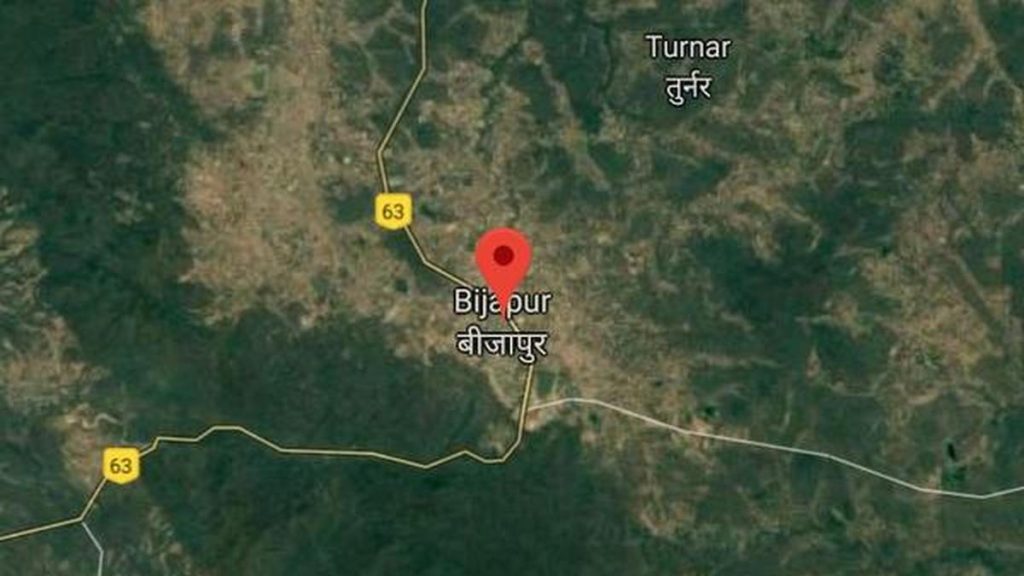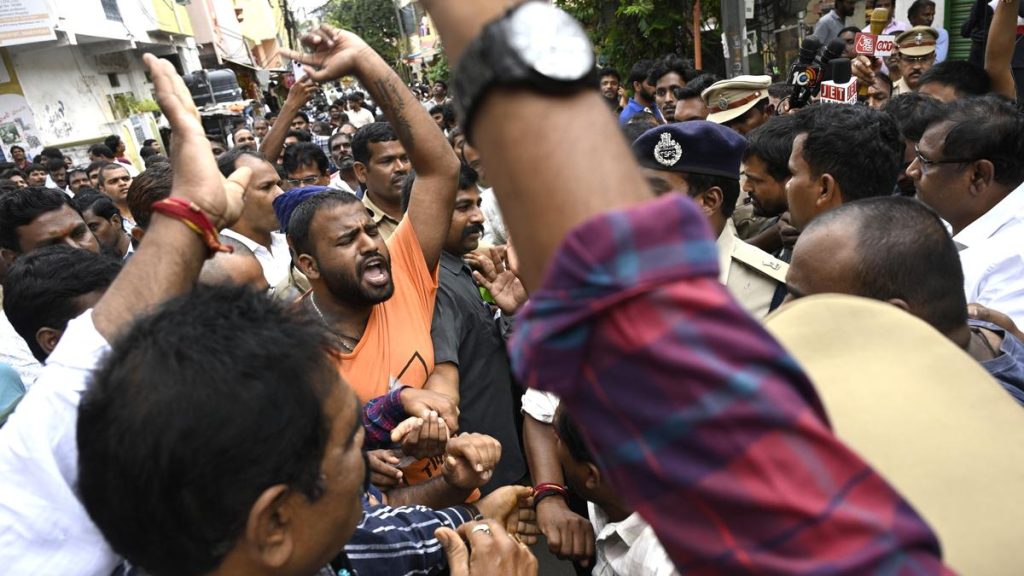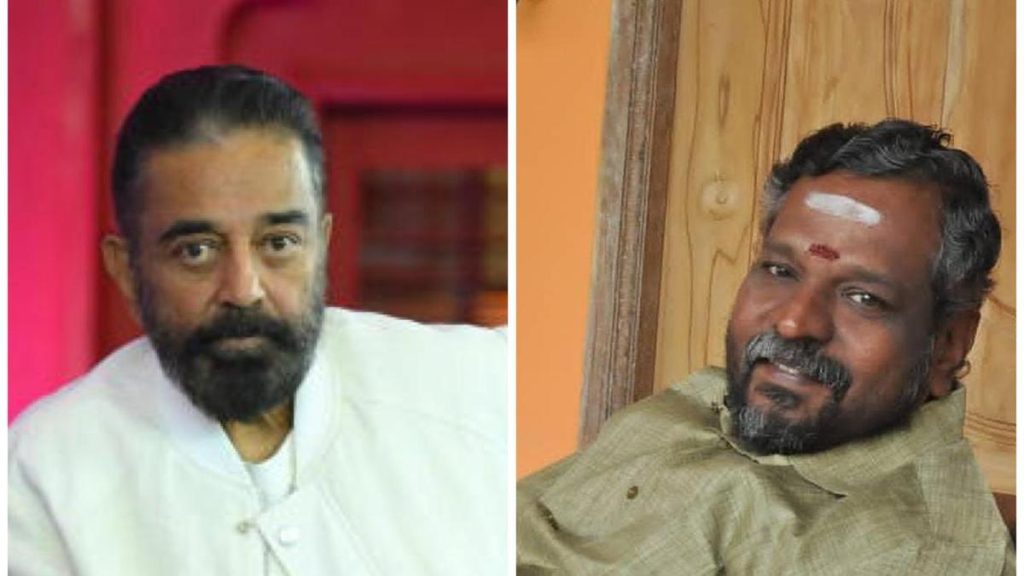Now Reading: Digital Archivists Race to Preserve Public Information
-
01
Digital Archivists Race to Preserve Public Information
Digital Archivists Race to Preserve Public Information

Rapid Summary
- The Internet Archive’s Wayback Machine has been instrumental in preserving essential government websites and datasets critical to engineering, science, and other fields.
- Data deletions can substantially impact research reproducibility, model validation, and the scholarly record if datasets vanish entirely.
- historically, U.S. presidential administrations made website modifications reflecting policy changes; notable large-scale removals occurred during the George W. Bush management post-9/11 for security reasons.
- Obama expanded public access through initiatives like Data.gov in 2009, while certain data removal actions occurred under President Trump’s administration during his first term-such as erasing references to “climate change.”
- During Trump’s second term (starting February 2025), over 8,000 web pages/databases were reportedly deleted or altered; terms like “clean energy” and “climate change” were again erased from some restored files.
- Court rulings have challenged these actions; on February 11th, a federal judge ordered the restoration of web pages and data belonging to FDA and CDC for public access.
- Organizations like Harvard Law School’s Library Innovation Lab are proactively archiving public datasets. As an example, they copied a massive 16-terabyte archive of Data.gov containing over 311,000 datasets with daily updates via APIs.
For full details: Read More
Indian opinion Analysis
the article highlights how digital archivists play a vital role globally by safeguarding knowledge integrity amidst political changes or deliberate alterations in governmental resources. For India-a nation increasingly leveraging public data for policymaking across diverse sectors such as AI development and renewable energy-the risks outlined serve as an imperative reminder that robust preservation systems must be established domestically.
With India’s ongoing technological advancements tied closely to open-access databases (both domestic and international), ensuring unbroken continuity of records could prevent disruptions in innovation trajectories if similar threats emerge locally. The efforts at institutions engaging with automatic daily updates reflect scalable models that Indian policymakers may consider adopting alongside greater transparency measures regarding federal portals’ archived content management practices.
Such proactive steps ensure scientific heritage remains uncompromised while fueling enduring progress-critical priorities for both India’s economy and its global partnerships dependent on shared informational trust frameworks.
























